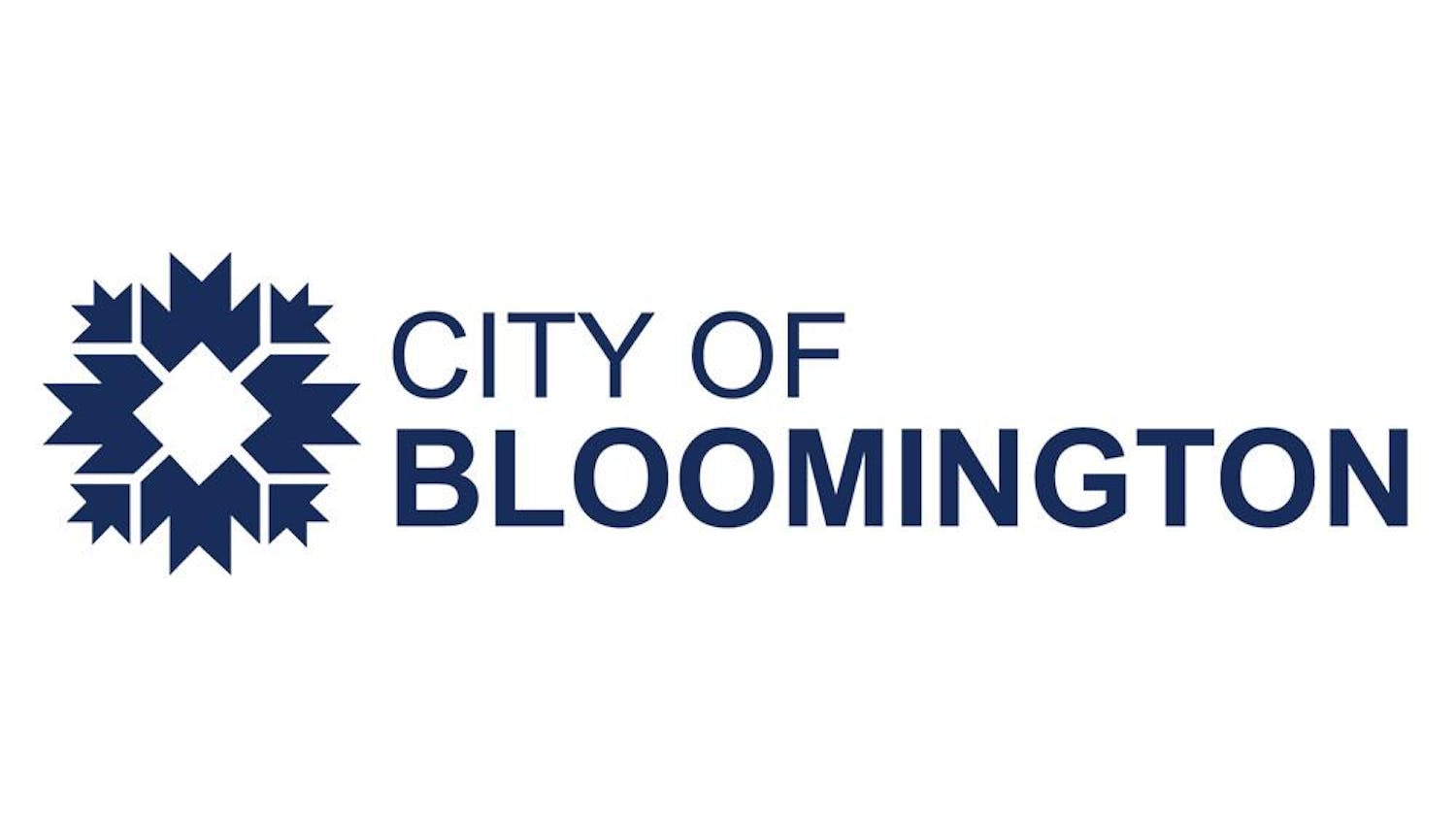TERRE HAUTE -- The Department of Transportation is visiting Indiana this week gathering information to help determine the appropriate time zone for 17 counties. In the second of four hearings Monday night at Indiana State University's Hulman Center in Terre Haute, the DOT heard arguments from proponents of both Eastern and Central time. In keeping with Hoosier history, impassioned rhetoric was offered on both sides of the debate concerning a highly contentious statewide issue -- the correct time for Indiana.\nJudy Kaleta, the DOT's senior counsel for dispute resolution who is conducting the hearings, said the purpose of the hearings is to gather information and to ensure that the people and elected representatives are heard. The hearings taking place this week across the state in Logansport, Terre Haute, Jasper and South Bend are in response to an Oct. 25 DOT recommendation that proposed Knox, Perry and Pike counties in southwestern Indiana and St. Joseph and Starke counties in northwest Indiana be moved from the Eastern to the Central time zone when the state begins observing daylight-saving time in 2006. \nIn the same recommendation, the DOT declined the requests of 12 counties to also be moved from Eastern to Central time. Under the DOT's current proposal, 15 counties in the state would be on Central time, and 77 would be on Eastern time when the new law takes effect in April. \nKaleta said no decision is final yet and there is the possibility the DOT could revert to the old system or honor more requests as a result of the hearings. Before the DOT's final decision, it will take into account the information received at these hearings and the more than 1,900 correspondences that have been sent to the department from residents of the state. Kaleta said the ultimate decision regarding time zone changes will be made by the U.S. Secretary of Transportation Norman Mineta. \nRegarding current time zone boundaries, 10 counties are in the Central time zone and observe daylight-saving time, five are in the Eastern time zone and observe daylight-saving and 77 observe Eastern Standard Time or "Indiana" time year-round and do not observe daylight-saving time. In April, the General Assembly passed a bill that requires all counties to begin observing daylight-saving time in 2006.\nEveryone speaking Monday had an opinion on how to solve Indiana's time dilemma, but the majority advocated Central time. The arguments heard on both sides of the debate were the same that have been heard since this issue began last year -- the safety of children, the quality of lifestyle for Hoosiers and what is best for Indiana's economy. \nState Rep. Clyde Kersey of Terre Haute was at the meeting defending the Indiana legislature's decision not to recommend a time zone in the new daylight-saving law passed in April.\n"The Indiana Legislature did not decide which time zone to be in. We were under the assumption it was the DOT's decision to make," he said. "We need all 92 counties in the same time zone."\nSharon Milam, a Terre Haute resident, said she supports Central time because she is tired of seeing children go to school in the dark.\n"I think the safety of our children is more important than being on the same time as New York," Milam said.\nBrian Bergsma of the Chamber of Commerce, which has supported Eastern time since the beginning of the debate, said, "Of the 82 counties that were available to petition for a change to central, 65 of them chose not to. We believe for that reason those other counties really should stay on Eastern time, and the time zone line should stay where it is today." \nIn the most passionate speech of the evening advocating Central time, Ron Mott of Terre Haute screamed, "I can spit and hit Illinois but I'm on the same time as Bangor, Maine. How smart is that? For God's sake, remember where you are. This is a Midwestern state."\nMonte Barton, an Eastern time proponent of Vigo County, advocated Eastern time by speaking about rising energy bills and the fact that Indiana is one of the most obese states in the nation.\n"Eastern time means a better quality of life," he said. "Being the furthest state west in the Eastern time zone could be a huge selling point for the state for people who like to be active in the evening."\nThe remaining time zone hearings for Indiana will take place from 6 to 10 p.m. Wednesday in Jasper, Ind., at the Jasper Arts Center and 5 to 10 p.m. Nov. 21 at the IU-South Bend Student Activity Center. \nThe DOT will continue to receive correspondences from residents through Nov. 30, and the department will make its final decision in January, Kaleta said.\nWhen asked following the hearing whether she thought it was helpful, Milam said, "I don't know if the hearing was helpful, but I was encouraged that other people came. But logically, historically and geographically, the state should be in the Central time zone"
Department holds meetings across state to discuss time zones
Get stories like this in your inbox
Subscribe





